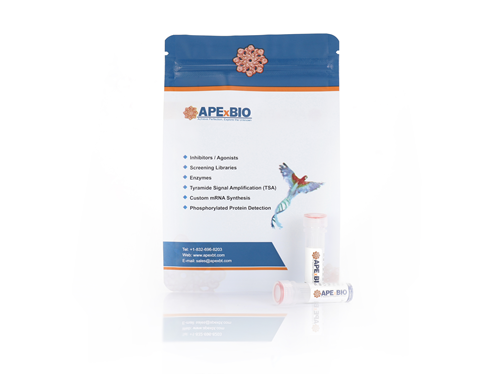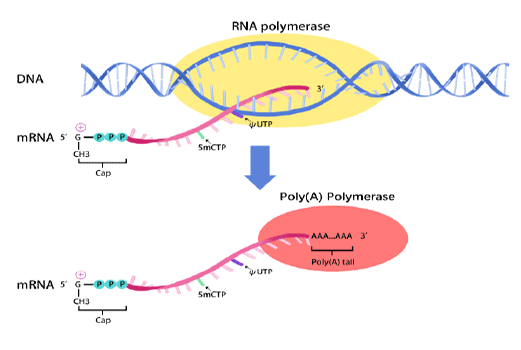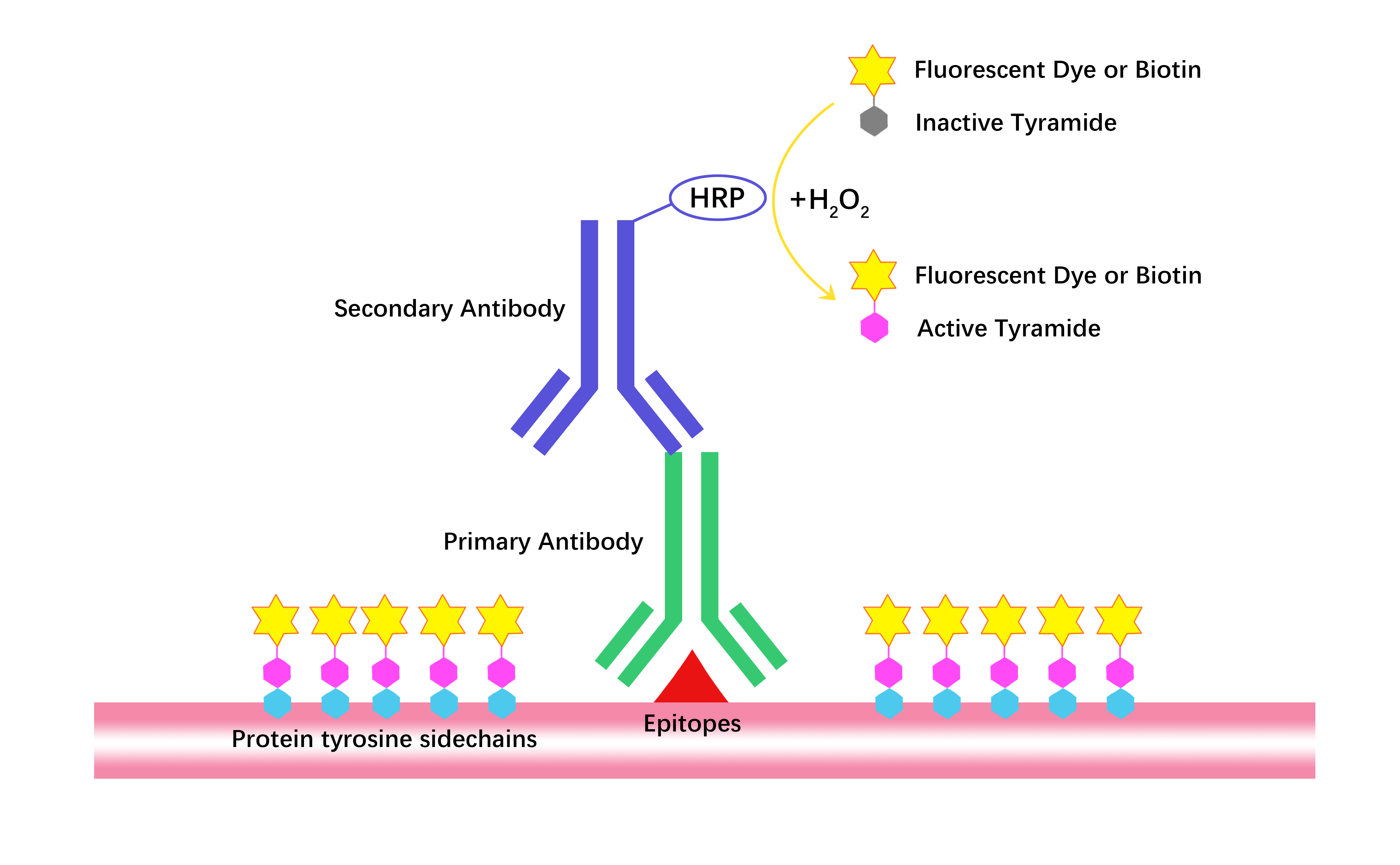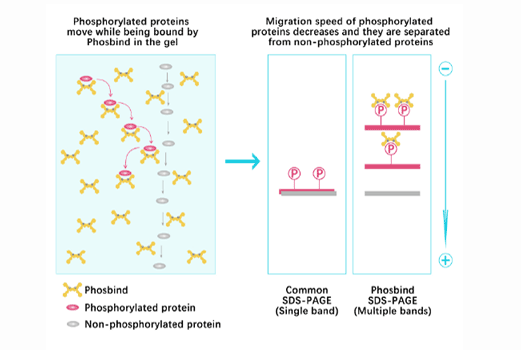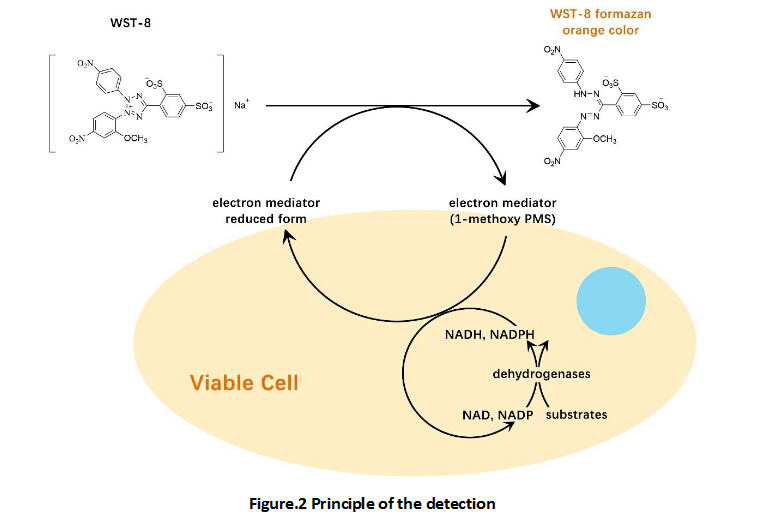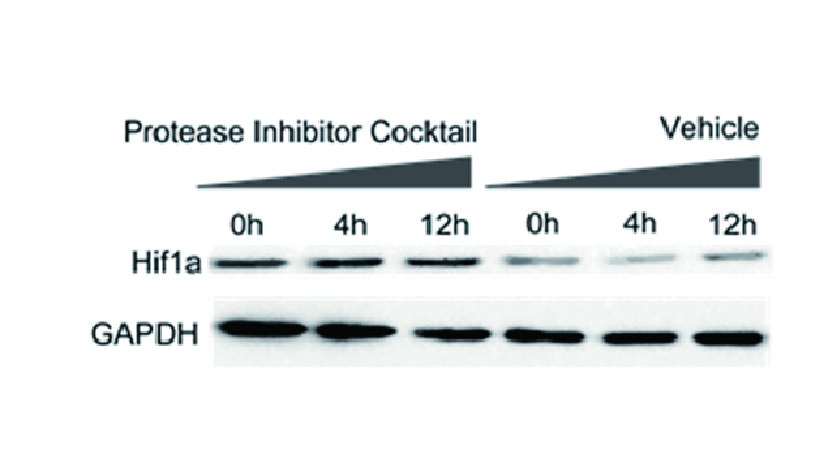Recombinant Human M-CSF/CSF1 (His, Flag)
Macrophage colony-stimulating factor (M-CSF), also known as CSF-1, is a tetra α-helical bundle cytokine that is a major regulator of macrophage survival, proliferation, and differentiation. M-CSF is also essential for the survival and proliferation of osteoclast progenitor cells. M-CSF also initiates and enhances macrophage killing of tumor cells and microorganisms, regulates the release of cytokines and other inflammatory modulators by macrophages, and stimulates pinocytosis. M-CSF is increased during pregnancy to support the implantation and growth of the decidua and placenta. Sources of M-CSF include fibroblasts, activated macrophages, endometrial secretory epithelium, bone marrow stromal cells, and activated endothelial cells. The M-CSF receptor (c-fms) conducts its pleiotropy and mediates its endocytosis. M-CSF mRNA of various sizes appears. The full-length human M-CSF transcript encodes a type I transmembrane (TM) protein with 522 amino acids (aa), 464 aa in the extracellular domain, 21 aa in the TM domain, and 37 aa in the cytoplasmic tail, forming a 140 kDa covalent dimer. Differential processing yields two protein cleavage secretory dimers. One is an N- and O-glycosylated 86 kDa dimer, while the other is a glycosylated and chondroitin sulfate proteoglycan (PG)-modified 200 kDa subunit. Although PG-modified M-CSF can be circulated, it may be fixed by attachment to type V collagen. The shorter transcript encodes M-CSF lacking cleavage and PG sites and yields an n-glycosylated 68 kDaTM dimer and a slow-producing 44 kDa secreted dimer. Although the forms may vary in activity and half-life, they all contain an N-terminal 150 aa moiety.
| Gene ID | 1435 |
| Accession # | P09603 |
| Alternate Names | Colony stimulating factor 1 (macrophage); CSF1; CSF-1; macrophage colony-stimulating factor 1; MCSF |
| Source | HEK293 |
| Protein sequence | EEVSEYCSHMIGSGHLQSLQRLIDSQMETSCQITFEFVDQEQLKDPVCYLKKAFLLVQDIMEDTMRFRDNTPNAIAIVQLQELSLRLKSCFTKDYEEHDKACVRTFYETPLQLLEKVKNVFNETKNLLDKDWNIFSKNCNNSFAECSSQDVVTKPDCNCLYPKAIPSSDPASVSPHQPLAPSMAPVAGLTWEDSEGTEGSSLLPGEQPLHTVDPGSAKQRPPR |
| M.Wt | The protein has a calculated MW of 25.1 KDa |
| Appearance | Solution protein. |
| Stability & Storage | Avoid repeated freeze-thaw cycles. It is recommended that the protein be aliquoted for optimal storage. 3 years from date of receipt, -20 to -70 °C as supplied. |
| Concentration | 1 mg/mL |
| Formulation | Supplied as a 0.2 μm filtered solution in PBS, pH7.4. |
| Reconstitution | We recommend that this vial be briefly centrifuged prior to opening to bring the contents to the bottom. This solution can be diluted into other aqueous buffers. |
| Biological Activity | Fully biologically active as determined by a cell proliferation assay using M-NFS-60 mouse myelogenous leukemia lymphoblast cells. The EC50 for this effect is 1 ng/mL. |
| Shipping Condition | Shipping with dry ice. |
| Usage | For Research Use Only! Not to be used in humans. |
Quality Control & DataSheet
- View current batch:
-
Purity > 95 % by SDS-PAGE
- Datasheet
Endotoxin: Less than 1.0 EU/μg as determined by LAL method.



